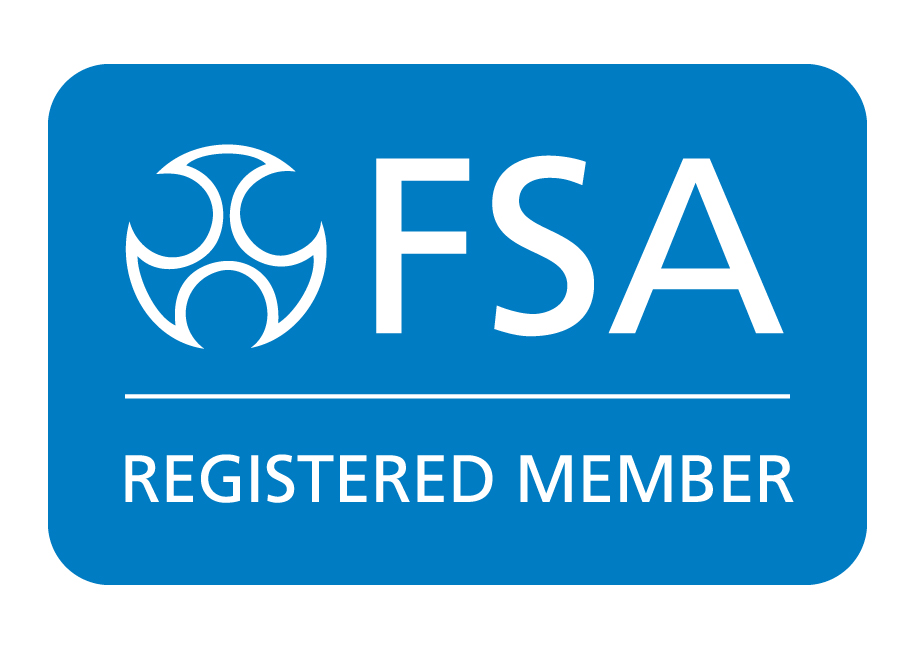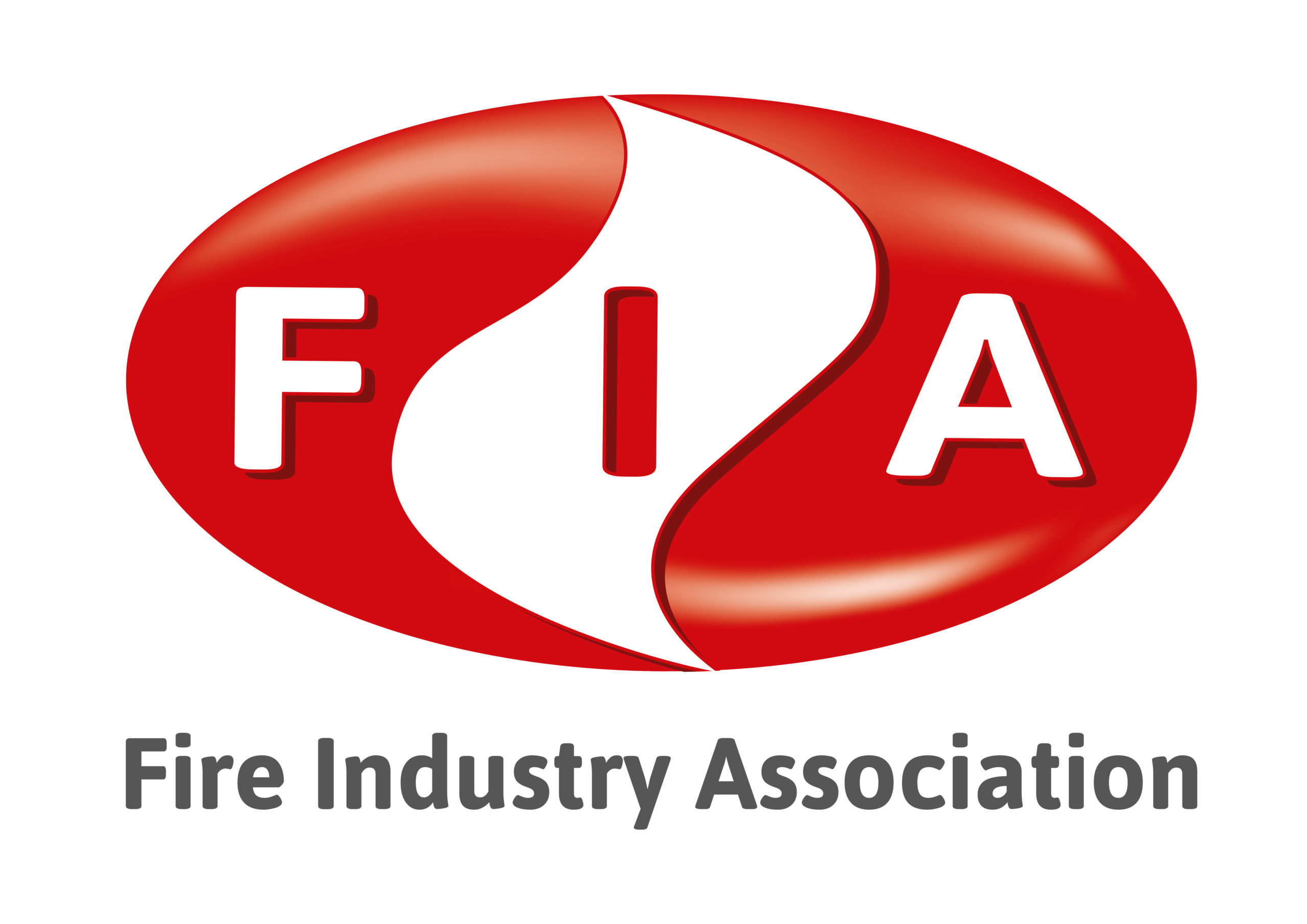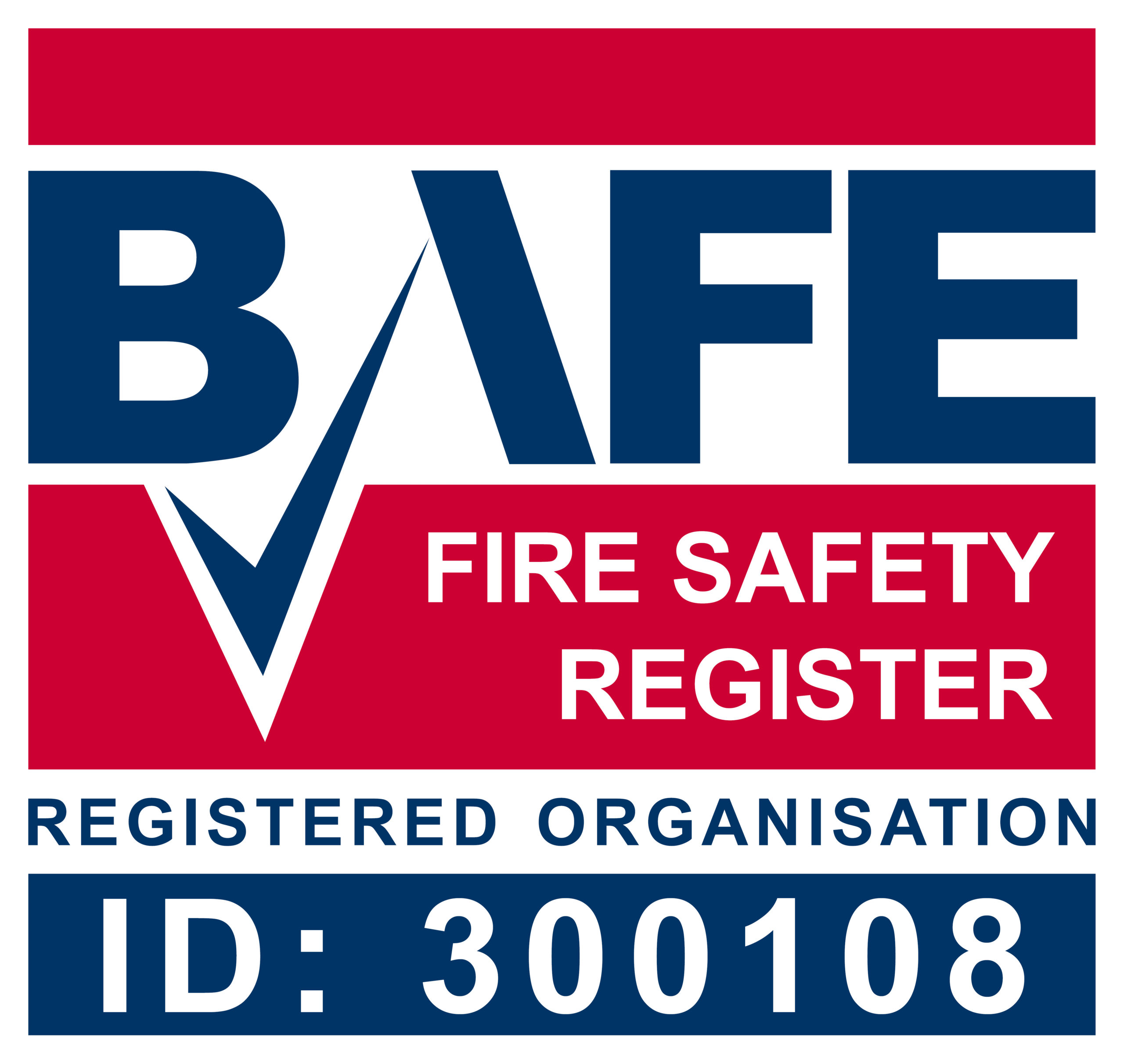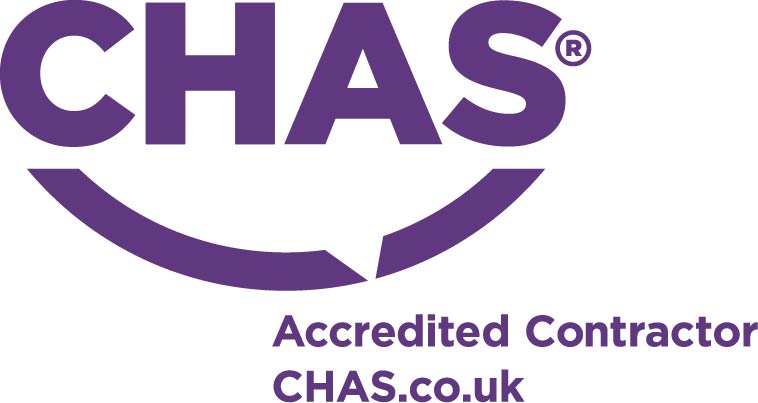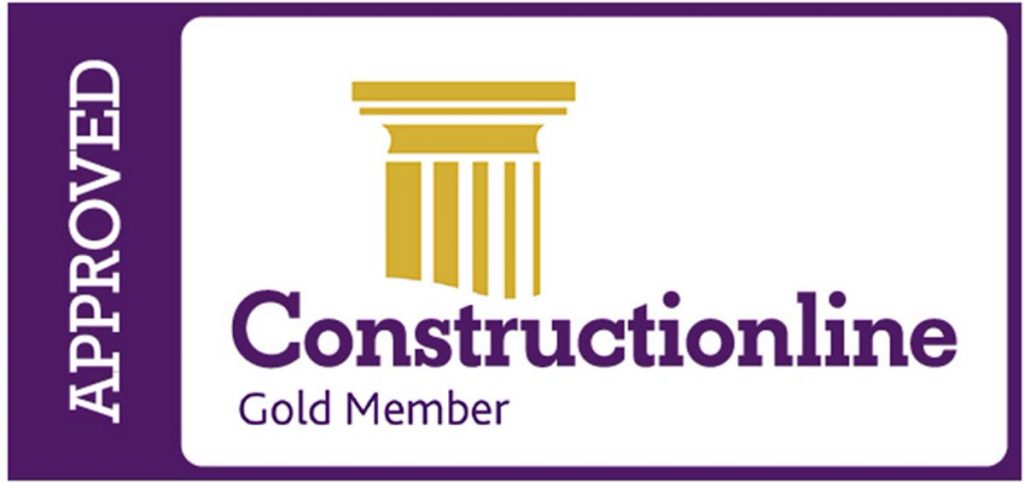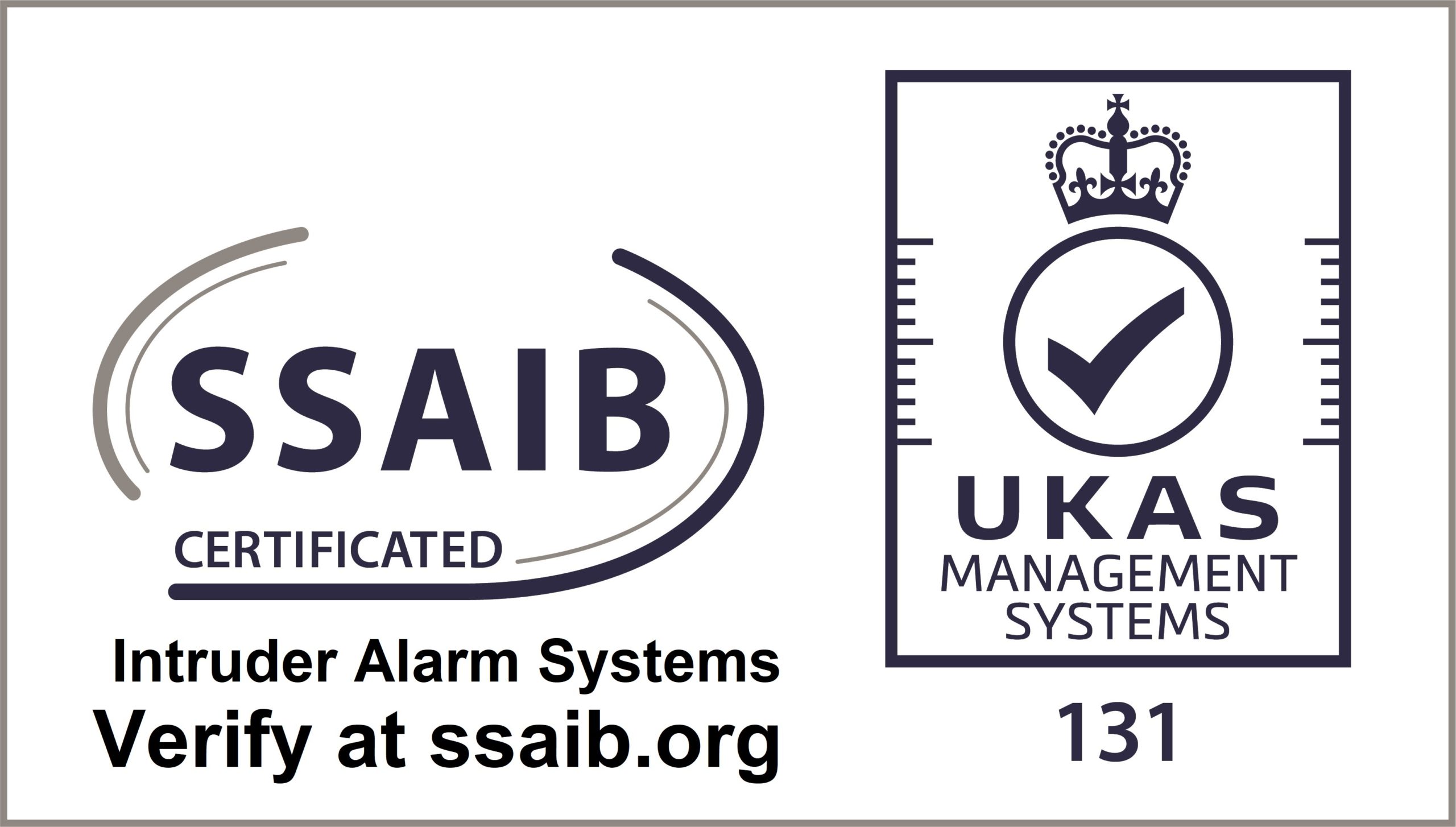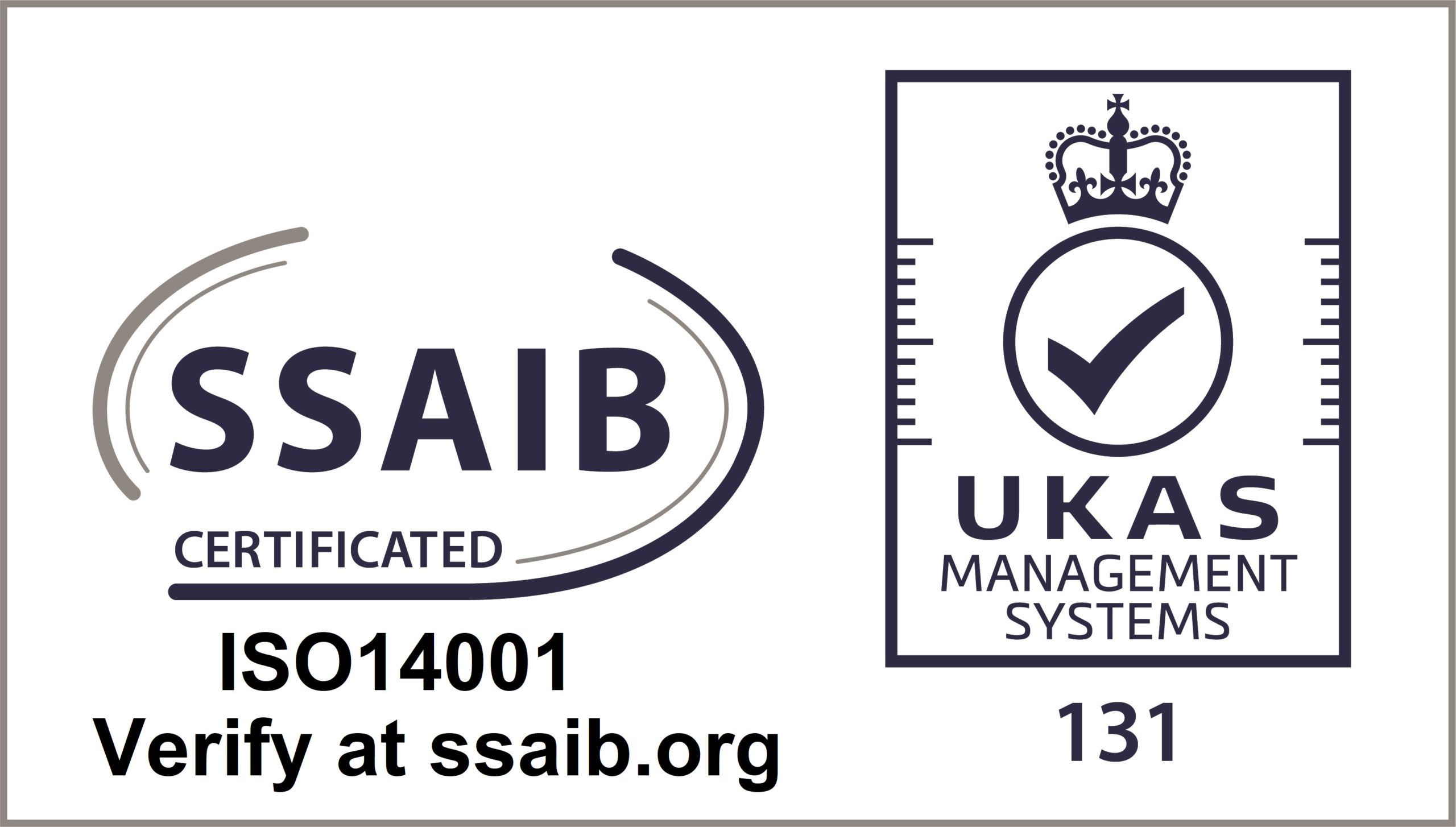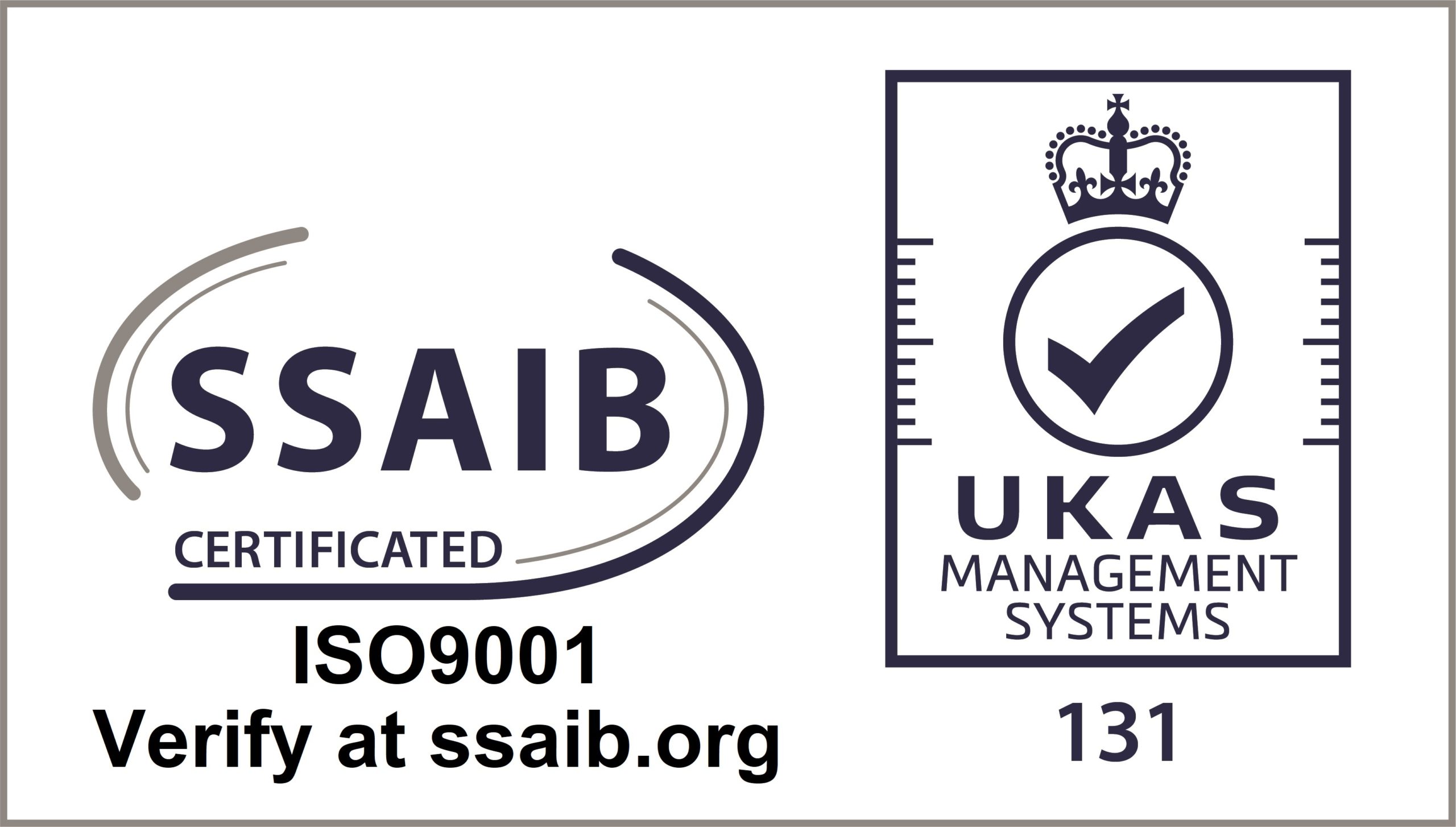What are the common causes of false fire alarms?

There are many causes of false alarms in the workplace.
A false alarm is… when there isn’t actually a real fire but the alarm goes off.
There can be lots of reasons, other than a real fire, why the alarm goes off:
- Cooking fumes (e.g. burnt toast)
- Steam (e.g. shower rooms, industrial processes)
- Smoking materials (e.g. cigarettes, matches, candles and incense)
- Aerosol sprays
- Hotwork from cutting and welding
- Dust build up (poor housekeeping, lack of preventative measures for dusty work such as drilling)
- Humidity and temperature change
- Accidental or malicious damage to a ‘Break Glass’ point
- Testing or maintenance – without having/following process to manage this
Many unwanted fire signals are the result of ignorance on the part of employees or contractors who may not be aware that an automatic fire system is in operation.
A few simple rules linked with good house-keeping practices can help to keep these unwanted nuisance signals to a minimum.
Who’s responsible for false alarms?
National regulations require all commercial premises to take responsibility for fire safety. You have a duty to make sure your system doesn’t generate false alarms.
But it takes a number of people to help make this happen:
- Building Owner/Occupier – designating someone to be responsible and making sure they are adequately trained
- Fire Alarm Company – to install and maintain the system and make recommendations for best use
- Fire Risk Assessor – to make recommendations for overall fire protection, not just the alarm system
- Fire & Rescue Service – to work with you to eradicate false alarms
Under the new Localism Bill, fire services in England and Wales have the power to charge for attending false alarms. Don’t get caught out, take responsibility today.
Why are false alarms a problem?
They cost you money; disrupt your business; risk lives; and are a drain on valuable resources. Here are a few reasons why you should be minimizing them on your premises.
The Cost to You:
- Down time from evacuations
- Disruption to production
- Annoyed customers
- Fire service charge for attending
And The Cost to Your Reputation:
- Image of complacency about life safety
- Loss of confidence from staff and the fire service
- Risk of prosecution/charge
Plus The Cost to Fire & Rescue Service:
- Manpower
- Time wasted
- Taking effort away from possible real fires
A question you need to also ask is: Will the fire & rescue service come? If in doubt confirm their attendance policy with them to make sure that it hasn’t changed
Don’t cut out false alarms for us; do it for yourself and for your business. It will save you MONEY!
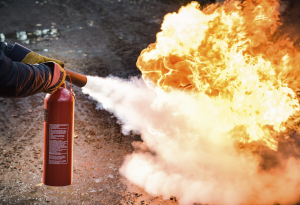
Will the fire and rescue service come?
Many fire & rescue services will not necessarily attend a fire alarm at your premises, unless you/your Alarm Receiving Centre has verified that there really is a fire. Of course if you ring 999 they will definitely come – that’s verifying a fire!
But if you use an Alarm Receiving Centre the service will ask them, and you in turn, to verify that there really is a fire. So, don’t just assume they will come when your alarm goes off.

Every service has its own policy on this; we recommend confirming with them what their attendance policy is.
And, if you’re in England or Wales, they might charge you for attending a false alarm – another thing to check!
5 minute read: Lancashire Fire & Rescue Service Preventing False Alarms
2 minute video: Lancashire Fire & Rescue Service Preventing False Alarms https://youtu.be/rkl4JLKXg24
Do you know who your local fire & rescue is? You can check on the Chief Fire Officers Association website; just sign in as a guest.
What Can You Do?
There are some things that you can do to help to reduce the number of false fire alarms at your workplace/business premises.
Good practice
It will obviously depend on your specific problem, but some general good practices should include:
- Appoint a responsible person, as per the requirements of the Fire Safety Order 2005, to ensure all matters relating to fire safety within the premises (including the fire alarm system) are adhered to
- Maintain the fire alarm system in good working order
- Ensure the alarm is appropriate to the risk
- Consider upgrading older systems. Money spent now could save money on lost business due to constant unwanted fire signals
- Ensure all relevant persons are made aware of the impact of unwanted fire signals – both on the business and on the fire and rescue service
- Consider implementing a delay in the system to allow for investigation. It is important you seek advice from your local Fire Safety department before you implement this though
A full set of fire statistics releases, tables and guidance can be found on the gov.uk website.








